Burning the fuel for energy recovery allows the issuing of “recovery or EfW” evidence in the form of a PRN within the UK – and an export PERN from overseas – with the evidence used to help meet UK recycling and recovery targets.
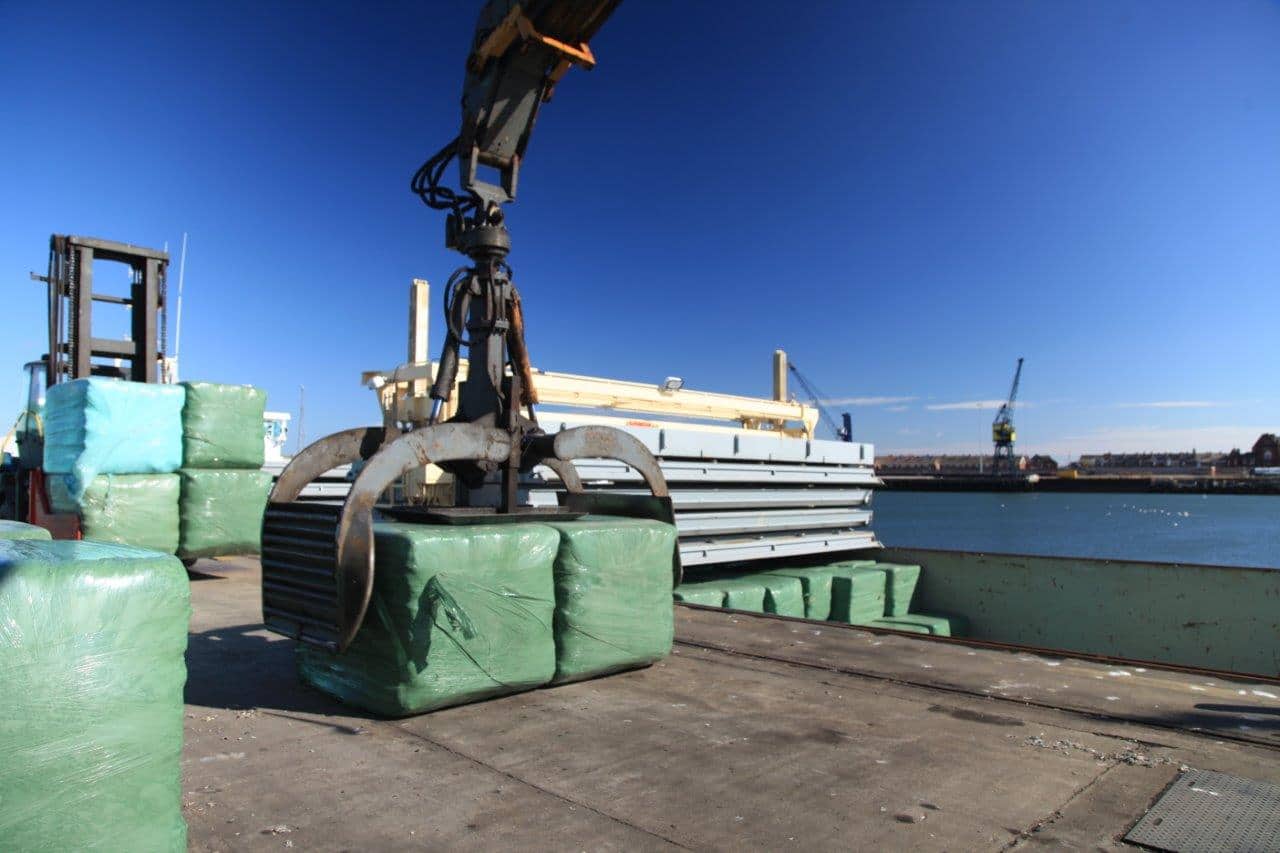
Mr Conran reasoned that last year’s shortfall of energy from waste (EfW) packaging recovery notes was unlikely to be repeated in 2016. This is because of a “significant” rise in the number of exporters now claiming PRNs on the packaging content of the residual material they send abroad.
He told letsrecycle.com: “If 4 million tonnes of RDF is exported this year, around 20 to 25% of that could be counted as packaging meaning around 200,000 tonnes per quarter. We are not seeing a fraction of that yet and if EfW capacity increases as well, we could be flooded with recovery PRNs this year.”
The predicted influx of export recovery PRNs comes as the ACP looks into the composition and consistency of RDF to determine the percentage of packaging within the waste stream and whether national protocols can be established.
Around 3 million tonnes of RDF was exported last year containing significant proportions of packaging – however exporters must currently submit sampling on a site-by-site basis to determine the amount that can be claimed.
Meeting
At a meeting of the ACP in April, committee member Rick Hindley, director of aluminium recyclers association Alupro, raised concerns that aluminium was being extracted at incinerators in other EU Member States which should in fact be counted towards the UK’s recycling performance.
The Environment Agency’s technical advisor Lyn Arnold has been tasked with examining the existing protocol data for RDF and to look at the composition of the material. Martin Cooper, of Suez, and Mr Hindley will look at the material destination and process of extraction from RDF.
R1 status
The number of domestic EfW plants becoming accredited to issue PRNs meanwhile remains relatively low – despite an increasing number of incinerators gaining R1 efficiency status.

Protocol changes from January 2015 require all EfW plants issuing PRNs to have first achieved R1 status – a switch which some in the industry have deemed too costly and the reason behind a shortfall in the amount of packaging recovered in 2015.
Earlier this month, Veolia announced that all 10 of its operational UK EfW plants have now achieved R1 status, but just three are understood to be accredited to issue PRNs – Sheffield, Birmingham and SELCHP (see letsrecycle.com story).
And, since the start of the year just one more plant has been confirmed by the Environment Agency as having applied to issue EfW PRNs – Grundon and Viridor’s Lakeside facility in Colnbrook.
Accreditation
Mr Conran added: “Combined there is currently going to be a big increase in EfW PRNs this year, as we are seeing an increase in RDF exporters getting accredited as well.
“Additional R1 plants this year are not yet having an impact on the EfW PRN market, and we can only assume they are going through that [accreditation] process. But the PRNs are already back below a pound, and if the second quarter of 2016 shows a big improvement that is going to be pushed back further.”




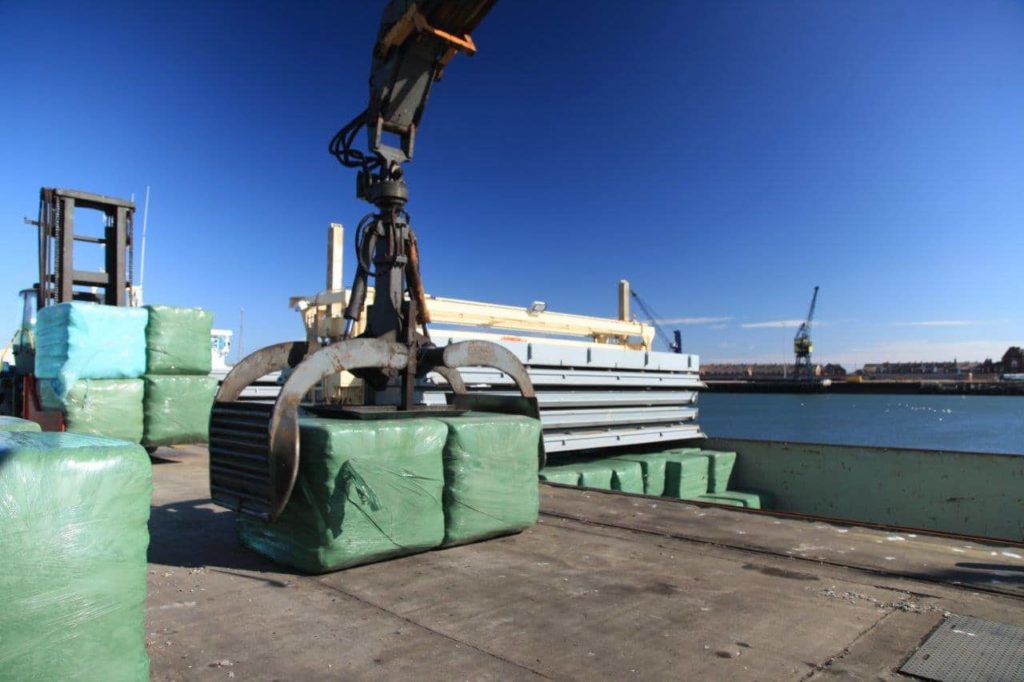
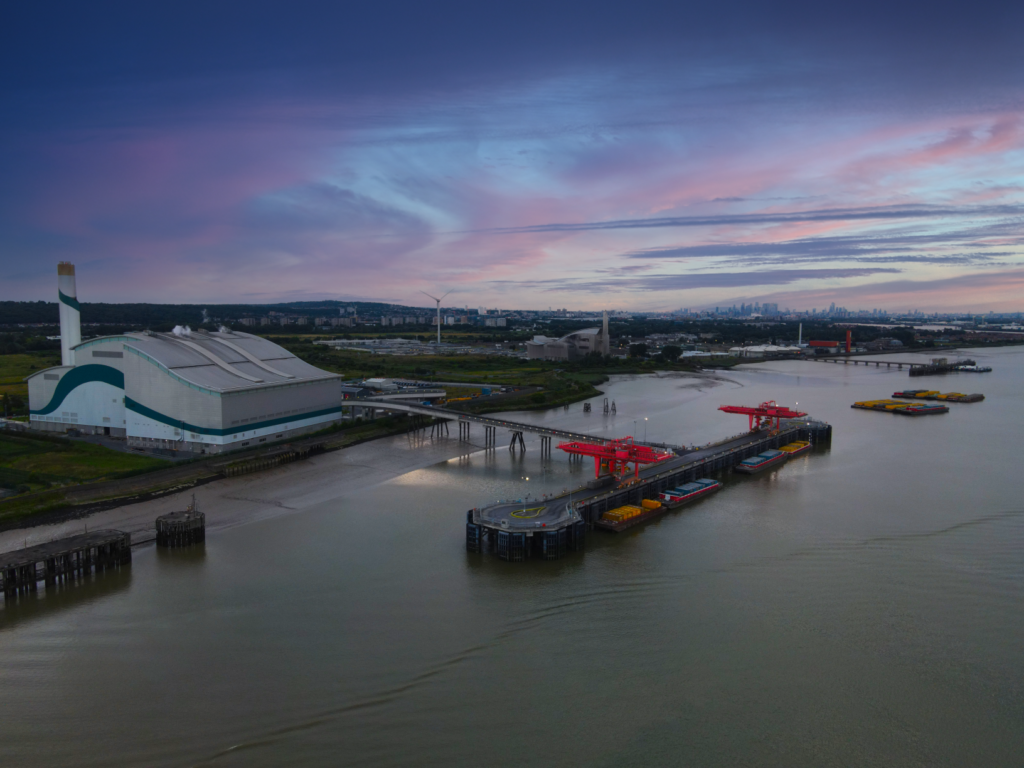
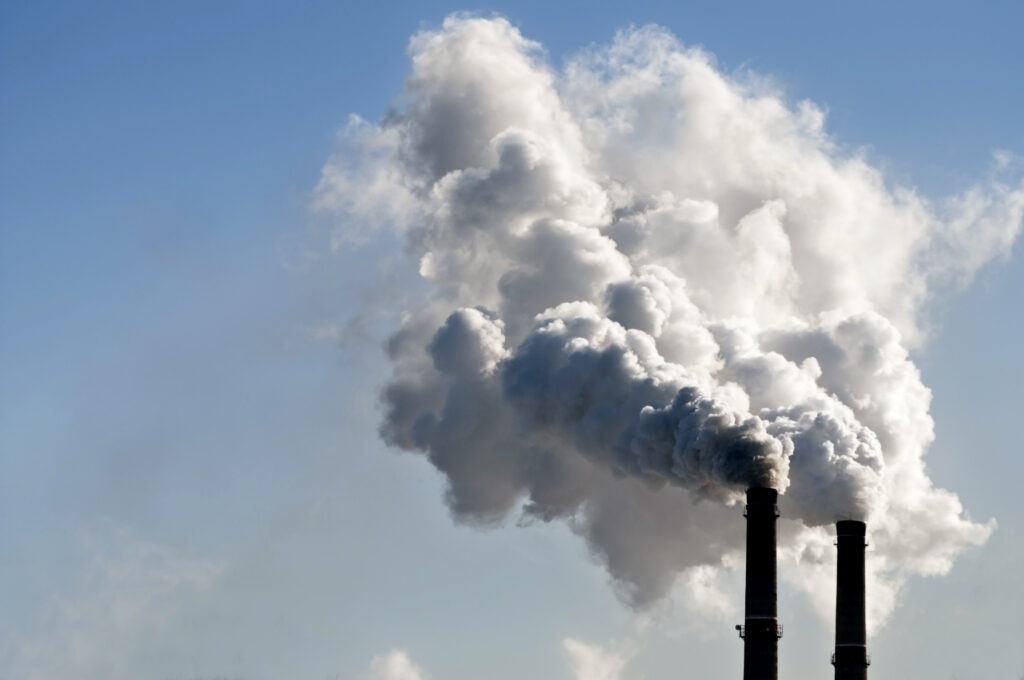
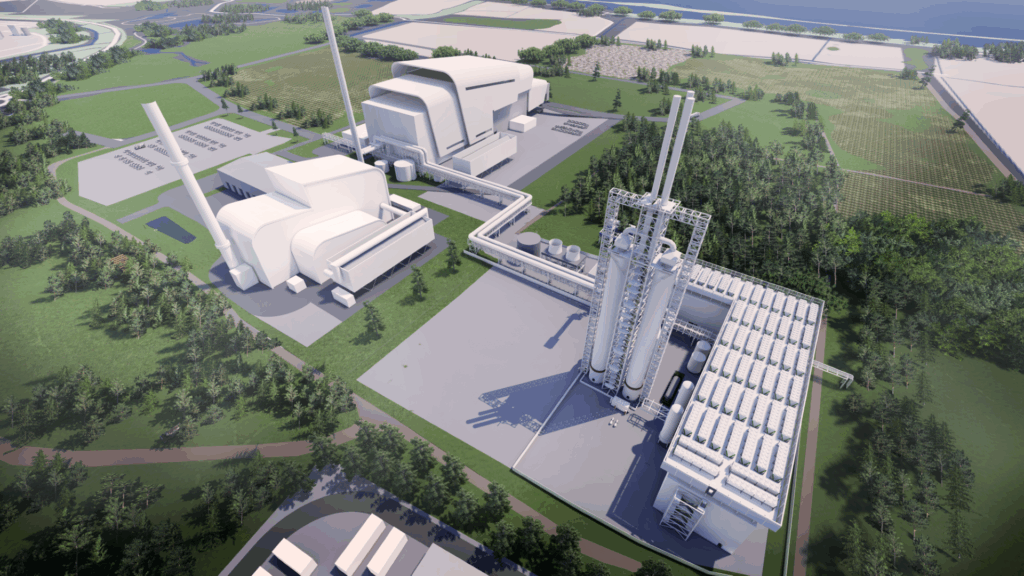
Subscribe for free